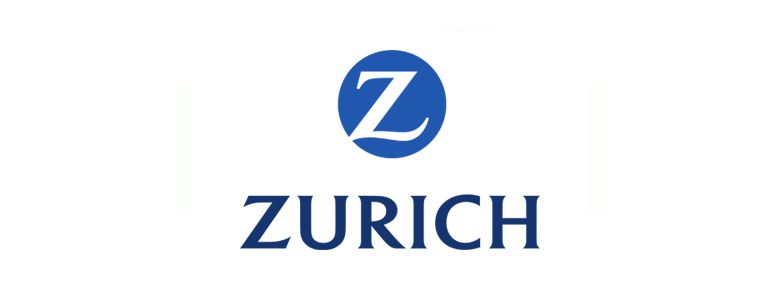If spotted early enough, the likelihood of surviving cancer is better than ever, but the need for protection has also never been greater, writes Zurich’s Debra Hale Protection Specialist
It can be difficult to be positive about cancer, but thankfully many of the more common cancers are no longer the terminal illness they were even a decade ago.
One in two of us will have cancer in our lifetime, but more than half of cancer sufferers will now survive more than ten years. This is a dramatic improvement and people now live nearly ten times longer after their cancer diagnosis compared to the early 1970s, when the median survival time after diagnosis was just one year.
With deaths from the usual suspects such as heart disease and stroke on a steady decline since the 1950s, cancer mortality has remained constant and this figure is expected to go up.
The main contributing factors are the ageing population and the rapidly growing obesity problem in the UK; some of the unhealthier lifestyle choices can undoubtedly increase the likelihood of getting cancer.
There is a concerning difference between income groups. Factors typically associated with lower income, such as smoking, excess alcohol consumption and a poor diet, mean that cancer survival rates tend to be lower among patients in lower income groups than those in more affluent groups.
Interestingly, the UK is way behind Europe and the US for most cancer survival rates. Our priorities in the UK are skewed, according to the latest Drewberry protection survey: only 10.9% of their 3,000 respondents have critical illness cover.
Sadly, the death rates for some of the more serious cancers, such as pancreatic or liver cancer, are also on the rise, but death rates for most lower graded, more common cancers are on the decline.
UNDERWRITING IMPROVEMENTS
Changes in diagnosis and survival rates have led to improvements in Zurich’s underwriting views.
There is a gradual moving away from the traditional all or nothing type of provision to a more pragmatic approach to covering cancer conditions and changes to how the industry pays out on them.
For example just four years ago, a client with breast cancer in stage one ductal carcinoma of less than 2cms with four to five years since diagnosis would have been a straight decline for critical illness cover, but nowadays we would apply a 50% loading and an exclusion for breast cancer. Life cover would be covered at standard rates.
Medical terminology can be confusing, so for clarity ductal means the cancer starts inside the milk ducts, carcinoma refers to any cancer that begins in the skin or other tissues (including breast tissue) that cover or line the internal organs, and in situ means ‘in its original place’.
Clients who buy critical illness cover can now have a policy that will pay out a partial or an additional lump sum even if the diagnosis is a carcinoma in situ and fully treatable.
Some traditional plans will still only pay out if the cancer is diagnosed at a more serious stage.
POLICY REVIEWS
Medical advancements and scientific progress mean that cancer can be spotted earlier and treated. So it’s important to ensure that your clients have the most up-to-date policies and features that can allow them to claim at an earlier stage.
Most critical illness policies now offer partial or additional payments. This means that your clients are more likely to make a successful claim when their cancer is at a less severe stage than would normally trigger a full benefit payment.
We also include Zurich Support Service which gives them access to varying areas of support in these difficult times.
To find out how Zurich can support you and to read the full article visit www.zurichintermediary.co.uk/en-gb/advice-matters or phone your Account Manager Wesley Stroud on 01793 406619 or Andy King on 01793 405952.
We may record or monitor calls to improve our service
Zurich Intermediary Group Limited. Registered in England and Wales under company number 01909111. Registered Office: The Grange, Bishops Cleeve, Cheltenham, GL52 8XX.



